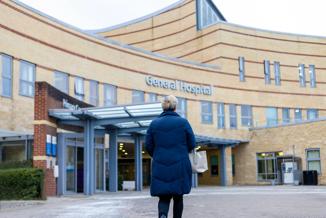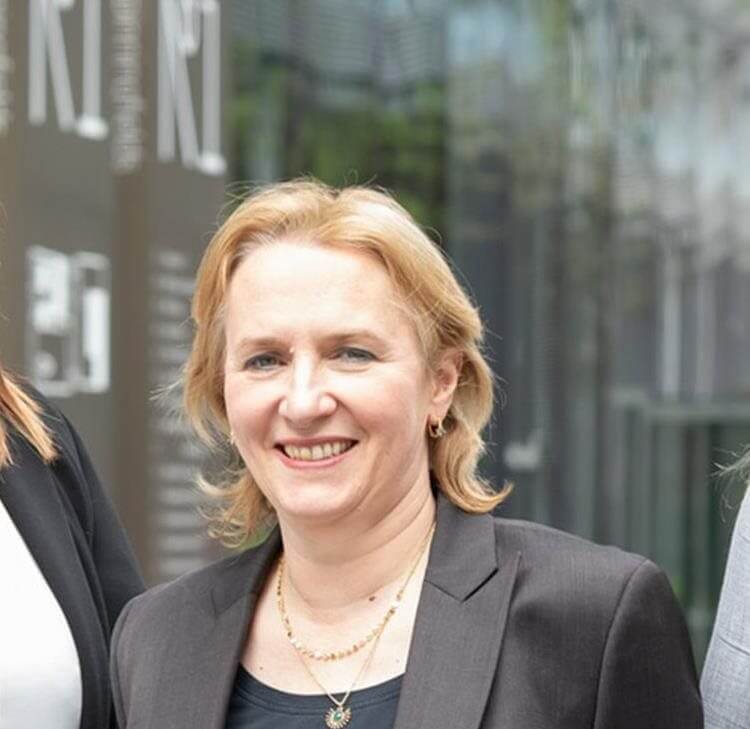
Regulatory bodies in health and social care
We’re an award-winning, specialist health and care regulatory team, working closely with NHS and independent health and care providers, investors and commissioners. We help you navigate all aspects of regulation in the sector.
At Browne Jacobson our extensive experience of positive interactions with the Care Quality Commission, and other sector regulators, means we’re able to help you develop the best strategies to achieve your priorities, whether in litigation or otherwise.
We understand the criminal and regulatory disputes that can arise in your area of work. We take a collaborative approach, helping you to understand your regulators. As a result, we’re often able to resolve issues before they require litigation. Where this isn’t possible, we provide a responsive and flexible approach to police and regulators’ investigations, inspection reports and enforcement actions.
Our breadth of work provides us with a real insight into the challenges affecting the whole sector. Putting this experience into practice, we tailor our service to your needs.
We give proactive advice and, through the connections we forge with you and our many specialists across our Criminal, Compliance and Regulatory team, we’re able to find solutions through extensive investigations, and offer constant representation at all stages. Your aims and objectives remain the focus throughout the process.
Key contacts

Carl May-Smith
Barrister (Partner)

Matthew Alderton
Partner


.jpg)







































